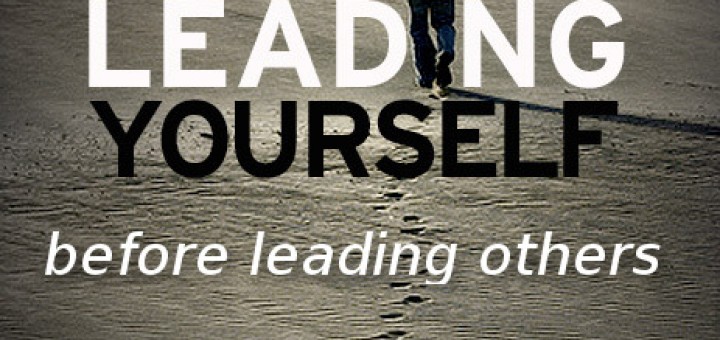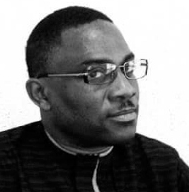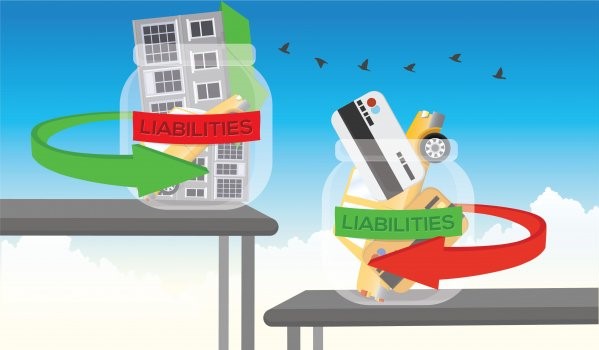

The first step in self-management is the ability to manage our emotions and effectively use our mental faculties. But, can we manage what we do not know? Identifying our emotions, our rationalities and irrationalities, being conscious of them, and knowing how they work, help us to understand them well enough to regulate them. What makes you angry, sad, afraid or fear? Are you able to identify these emotional triggers?
How do you keep your memory in check such that you are not affected by a negative past? How do you stay in the moment, focus on the now, and not get fooled by vainly imagining a future that is yet ahead, and which you do not even know you will be in? Knowing that your today investment can decide your tomorrow if you live in it is a great way to live in the moment.
Acceptance seems a great key to self-regulation. Letting go is not commonplace. It is for the mentally and emotionally strong. This is why forgiveness is not easy to manage. It is a great strength to be able to master the art of forgiveness. What would you do when and if you find out that someone you have spent your life and resources sponsoring and defending has simultaneously spent their life building gallows and digging your grave? How easy is it to forgive such a person?
Definitely something must have happened on your inside to think of such an act done against your person and walk away smiling. If you do not see a possibility of this, you are not reading this by accident. We should be able to congratulate and pat on the back all those who moved on without the genuine apology or closure they deserved. While it is okay to say it is not easy, it is important to stress that it is possible. It takes working on yourself. It is difficult does not equate it is impossible.
Can you use perception to regulate reasoning? Imagine that you are able to discern something in your spirit, can it help you to apply the caution of reasoning beyond the realm of data and analytics? I think that the exercise of restrain is a good exercise for our sanity and a great way to keep us rational and away from tipping towards being irrational. We can only decide if we are sure that we can identify these mental and emotional triggers well enough. And it does not happen overnight. It does take practice. Consistency over intensity is a key to negotiate growth in this area of personal development.
In the same way that you can identify the things that trigger your negative emotions, you can equally identify the things that trigger your positive emotions like happiness, affection and forgiveness. Doing this with consistency helps you gain clarity and accuracy in the exercise. You can then deliberately choose to doing those things and keeping away from the others. If listening to certain kind of music, reading books, while you reflect and meditate during your alone moments can help you invite great feelings, then you may decide to do so. Constantly doing this puts you in a place of emotional mastery.
Another angle to this is the uncommon ability to manage pain. Emotional as well as physical pains do require that we understand the purpose behind the pains that we feel. When we experience pain and go through painful situations, however excruciating they are, if they do not cost us our lives, they definitely toughen and make us wiser. They birth gain eventually. This is emotional strength.
We come out of such pain stronger than we ever imagined. Through pain and adversity, we get introduced to ourselves; we know ourselves better; we know our limitations; we understand our thresholds. It is amazing how we take positions with these things and how they come to be. Gainfully, we get better paid if we learn to pay attention to ourselves and observe ourselves closely, by avoiding the noise in the external.
A great counsel here is to always look and see beyond the noise because the value does not reside there. Huge value resides within and only by emotional and mental self-consciousness can we gain proficiency of self. This of course precedes the awareness of others.
This skill can be used to win in every other area of our daily endeavours whether in life, in business, in our relationships or otherwise. We can, through paying attention to our thought processes, know our greed apart from our selflessness or otherwise. I work with funds managers and share deep insights that go beyond data and informatics. Each time they take a hit in their speculations or trade features after a long bullish run, so to speak, I ask questions like “What was responsible for the hit?” Often, the reply I get is greed. They are not unaware that they are overshooting themselves; they just take the risk and nine times out of ten, their hunches are right.
The same applies to the awareness and management of fear. When my friend just set up his office as a fund’s manager, he called me to ask for some words of courage to fortify him against the fear that was almost taking over his mind. I let him know that it is human to be afraid and that he can overcome that emotion of fear by exploring the cause of the phobia. Knowing what caused the fear, the source of the fear and the events that surround it is enough to let one know how to address them and apply oneself to overcoming them.
A year after that engagement we met again, and I gained further access into his mind and thoughts that his fears do not actually limit him. Though afraid, he goes ahead to do the very thing that he was afraid of, but this time, with more caution than he would have. Thus, he had come to the place where he uses his fear as a positive tool to apply caution in his endeavours. He has, through fear, mastered his caution by knowing how to navigate through such murky situations.
All of these do not come without a price. When fear keeps you from venturing, you become bound and crippled by it. That is not a good place to be in. If you venture and survive, you learn; if you venture and succeed, you win; if you do not venture, you do not evolve; if you do not evolve, you stay stymied, become stalemate and die. The only way to get ahead is to venture. Whichever way, loss or gain, there is lesson.
We are never able to grow without facing life progressively each day at a time. This can only happen if we take inventory of our thoughts, our imaginations, our emotions and mental faculties. In everything we do, we must understand that we are bringing our essence, our unseen inner faculties into play all the time. Because this is so, we must be deliberately intentional or intentionally deliberate as we go ahead.




